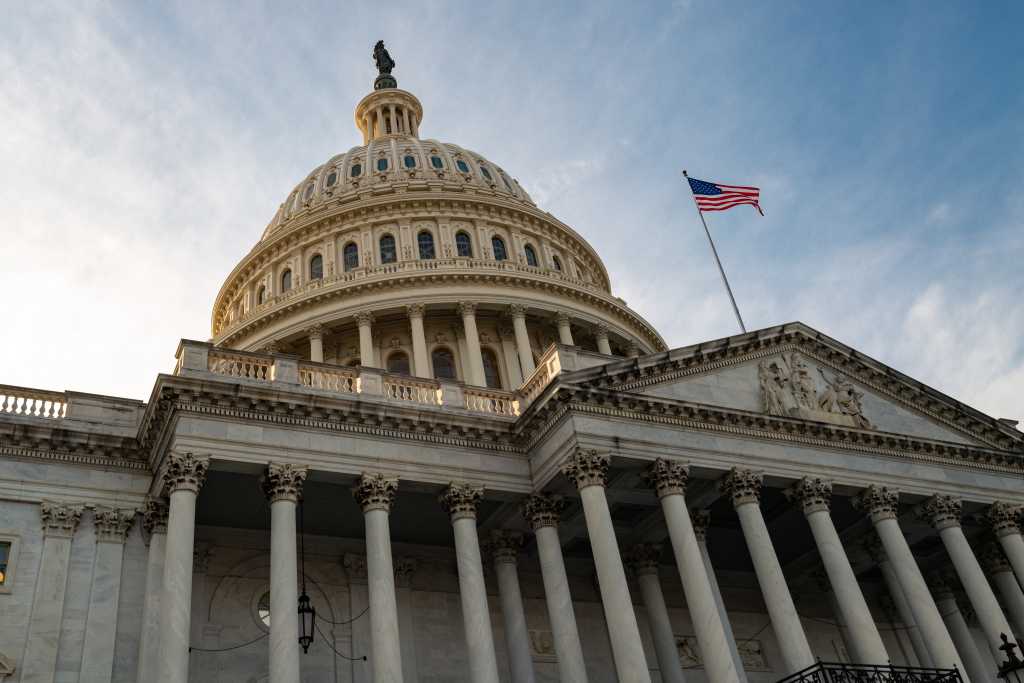
The Trump administration is holding firm to an April fuel policy change meant to bolster sales of corn-based ethanol, despite some oil industry warnings it could raise gasoline costs and cause fuel supply disruptions.
The Environmental Protection Agency will keep to April 28 as the implementation date for ending special treatment that waives conventional E10 gasoline from fuel volatility limits in as many as eight Midwestern states, Administrator Lee Zeldin said in a statement.
The change would effectively put E10, which contains 10% ethanol, on the same regulatory footing as higher-ethanol E15 gasoline and allow both varieties to use the same raw gasoline blendstock. That raw unblended fuel would have to be less evaporative in the affected states.
The shift is meant to enable both fuel blends to be sold widely during the summer, where the existing policy often keeps E15 out of the market. The change was sought by Midwestern governors and first charted under former President Joe Biden.
At the same time, the EPA will consider granting one-year delays for states that seek additional compliance time, something already sought by Ohio.
The decision is an early indicator of the new Trump administration’s approach to biofuel policy. During Donald Trump’s first term, some debates pitting oil refiners against biofuel producers reached the president himself, prompting the EPA to weigh policy shifts on the treatment of refiners and federal quotas mandating use of the alternative fuels.
The producers of biofuel — and the corn and soybeans used to make it — are a politically important constituency in Washington. But Trump has also repeatedly vowed to unleash American energy and take advantage of the country’s abundant oil and gas resources for economic and geopolitical gain. The president has also made combating inflation and high consumer costs a signature of his second term.
“Today’s decision underscores EPA’s commitment to consumer access to E15 while ensuring a smooth transition for fuel suppliers and refiners,” Zeldin said. “We will continue working with all stakeholders to ensure available and affordable fuel supply.”
Some refiners and pipeline operators have warned of potential disruptions tied to supplying a lower-volatility blendstock to the affected states. Pipeline systems fully contained in the Midwest and refineries primarily serving the region are expected to shift to the new regional specification, effectively isolating the area’s fuel supply from the rest of the country.
The American Fuel and Petrochemical Manufacturers trade group said it disagreed with the decision.
Affected governors should “protect consumers in their states from likely increased gasoline costs and supply disruptions by requesting more time for the market to prepare,” said Geoff Moody, a senior vice president with the group.
Biofuel advocates argue the risks of higher costs have been exaggerated. Pipeline operators and refiners have had more than a year to adapt to the change, since it was ordered last February.
Iowa Renewable Fuels Association Executive Director Monte Shaw praised the move, saying it offered certainty for fuel retailers and farmers alike. E15 sales are “a key growth opportunity for corn demand,” he said, while pledging to work with Congress on a nationwide change.
Although E10 has long been granted a federal waiver to exceed a limit on its volatility, a measure of how much it evaporates, E15 hasn’t been given the same treatment in in federal law.
Lawmakers — backed by oil companies and biofuel producers — are seeking to change that, advancing legislation that would allow year-round sales of E15 and moot the need for a regional fuel specification shift. However, it’s not clear that will clear Congress and be enacted in time.
WHAT DO YOU THINK?
Generated by readers, the comments included herein do not reflect the views and opinions of Rigzone. All comments are subject to editorial review. Off-topic, inappropriate or insulting comments will be removed.
MORE FROM THIS AUTHOR
Bloomberg



















